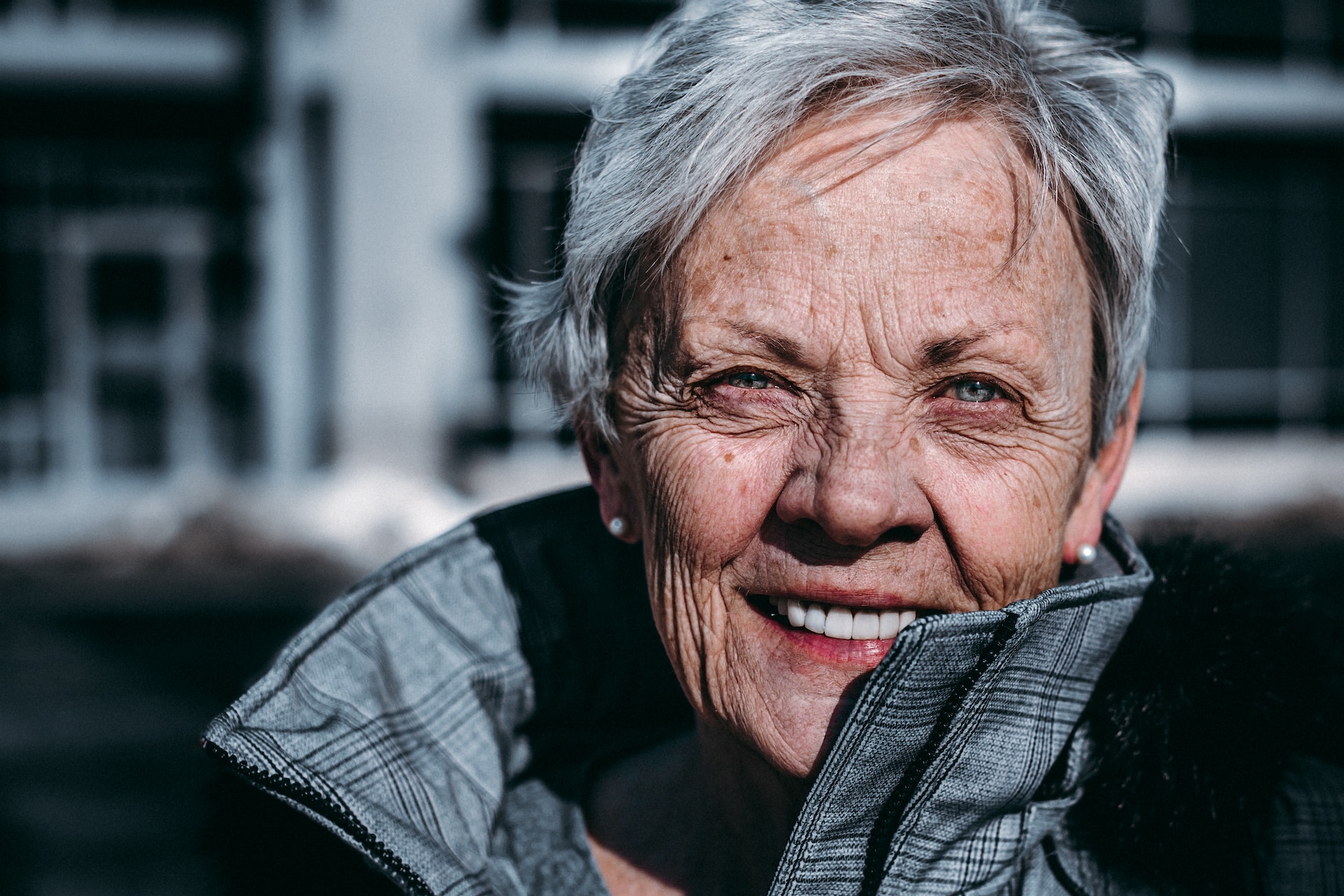Aging With Psoriasis: Navigating Symptoms and Self-Care Practices
Psoriasis is a chronic skin condition that affects millions of people across the globe. Itching, flaking, and lesions known as plaques are some of the most common symptoms of psoriasis. Psoriasis does not typically worsen over time, even though it is a chronic condition.
Your physical and mental health may change as you age, impacting your psoriasis. You may be more susceptible to a flare-up of your symptoms due to these changes, including hormonal ones associated with menopause. You run a higher chance of developing other medical disorders if you have psoriasis. Some drugs you take for other medical illnesses may also increase your psoriasis flare-up risk.
You might be interested in finding more ways to treat your symptoms if you’re going through any of these age-related changes. Here are self-care practices you can take to lessen flare-ups as you age.
Select the correct skincare routine.
The body produces less protective moisturizers as we age; as a result, our skin gets thinner, drier, and less elastic. For seniors with psoriasis, additional variables like genetics and lifetime UV exposure raise the chance of future skin damage. Therefore, it is crucial for older people to frequently moisturize and apply sunscreen to soften their skin, prevent scaliness, and safeguard against UV damage.
Hyaluronic acid, ceramides, and lipid-containing goods can stand in for the body’s own natural moisturizers. Additionally, cosmetics with alcohol should be avoided as they cause skin dryness. Retinol-containing creams are regarded as the ultimate anti-aging solution. Retinoids, however, thin the skin is, should be introduced gradually to psoriasis patients. In a similar vein, several anti-aging techniques like chemical peels, laser resurfacing, and dermabrasion may result in the development of psoriasis plaques or lesions.
This is known as the isomorphic phenomenon, in which skin damage can result in new psoriatic lesions. The safe application of moisturizing products, retinoid-containing lotions, and anti-aging procedures should always be discussed with your dermatologist.
Keep up with your ongoing treatment
Elderly psoriasis management poses several difficulties and should be carefully assessed in the context of any other ongoing treatments. First, certain treatments have adverse effects that can worsen psoriasis symptoms. Additionally, some medications used concurrently to treat other disorders (including high blood pressure, diabetes, and cardiovascular disease) may raise the risk of infections or cancer.
Second, under-treating psoriasis symptoms may occur due to other, more serious medical diseases taking priority over them. Third, it is crucial to use the correct dosage since aging-related changes to the immunological and excretory systems may make people more vulnerable to infections and have lower medication clearance.
The impacts of this are made worse by the absence of information regarding available psoriasis treatments for elderly people, which creates further obstacles to managing the condition. These factors make it necessary for your doctor to monitor your psoriasis appropriately, paying close attention to kidney function, other disorders, and drug interactions.
Older people are frequently treated with topical drugs since they can be applied topically and have fewer side effects than most oral treatments. Skin thinning with age increases drug absorption and can raise the risk of side effects, even though topical creams may be a safer option for elderly individuals. Oral drugs like methotrexate and cyclosporine also carry this risk. Therefore, older patients should use these with caution.
Phototherapy may be an effective treatment for patients whose psoriasis cannot be controlled with topical or oral medications. Another option for treatment is biologics, which focuses on the body’s inflammatory processes. Clinical trials did not, however, include psoriasis patients older than 65 years old until recently. Future research will shed light on the possibility for these and other therapies to be used in an age-appropriate and successful manner. Biologics are nevertheless often used, when necessary, for elderly patients.
Maintain a healthy lifestyle
Psoriasis is an inflammatory condition whose symptoms might fluctuate. Maintaining a healthy lifestyle that can lower the amount of inflammatory skin events is crucial to controlling psoriasis as we age. First and foremost, it’s crucial to maintain a balanced diet free of processed sweets and saturated fats. You might want to speak with a dietitian to make the necessary dietary changes.
Second, a consistent fitness program can support maintaining general health and support long-term psoriasis management. Third, consider cutting back on or quitting alcohol and smoking since both activities might hinder treatment and worsen skin complaints. Maintaining a healthy weight and lifestyle is one of the ideal ways to monitor psoriasis as it will help reduce inflammation, which will lessen the symptoms of psoriasis and lower the risk of associated consequences.
Protect your scalp
Many people opt to dye their greying hair using dyes that could aggravate their thinning skin. Avoid shampooing your hair two days before getting it colored to help prevent psoriasis flare-ups on the scalp. This will give your scalp time to develop natural protective oils to stop inflammation. You may choose highlights or lowlights rather than a full color if you encounter a psoriasis flare on your scalp. These methods decrease irritation and may even prevent a flare-up by preventing the dye substance from directly touching the scalp.

